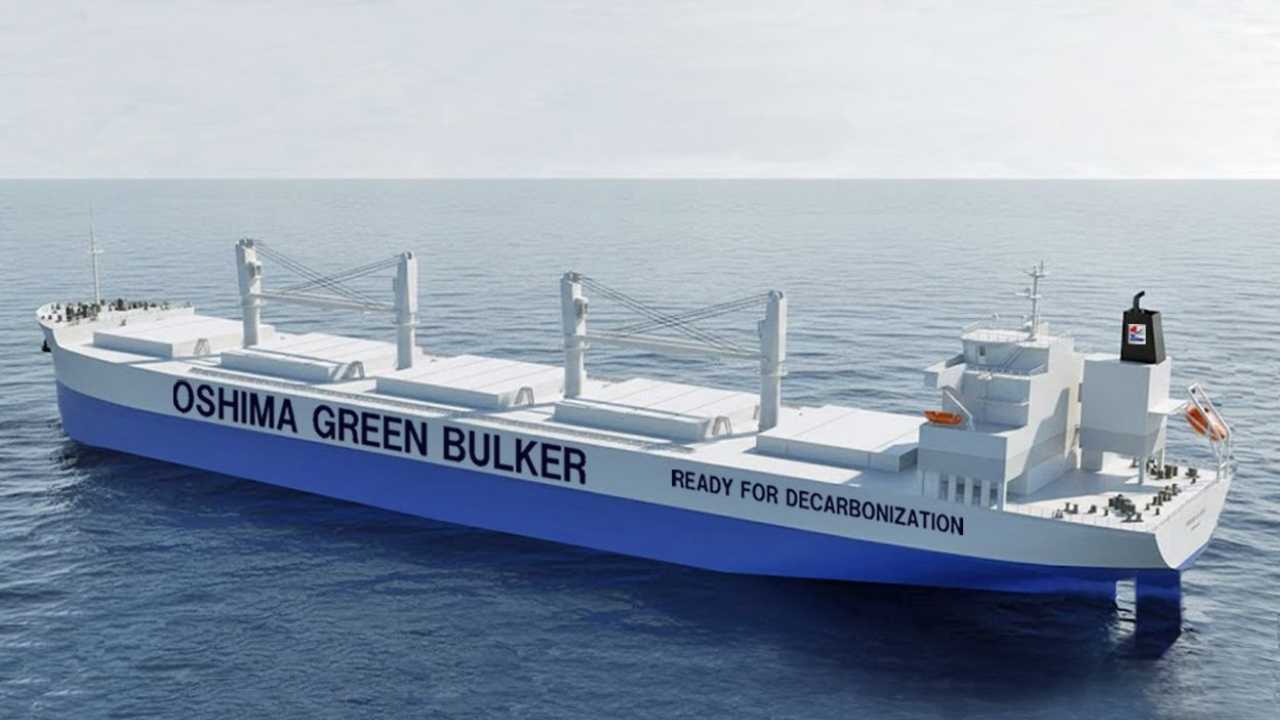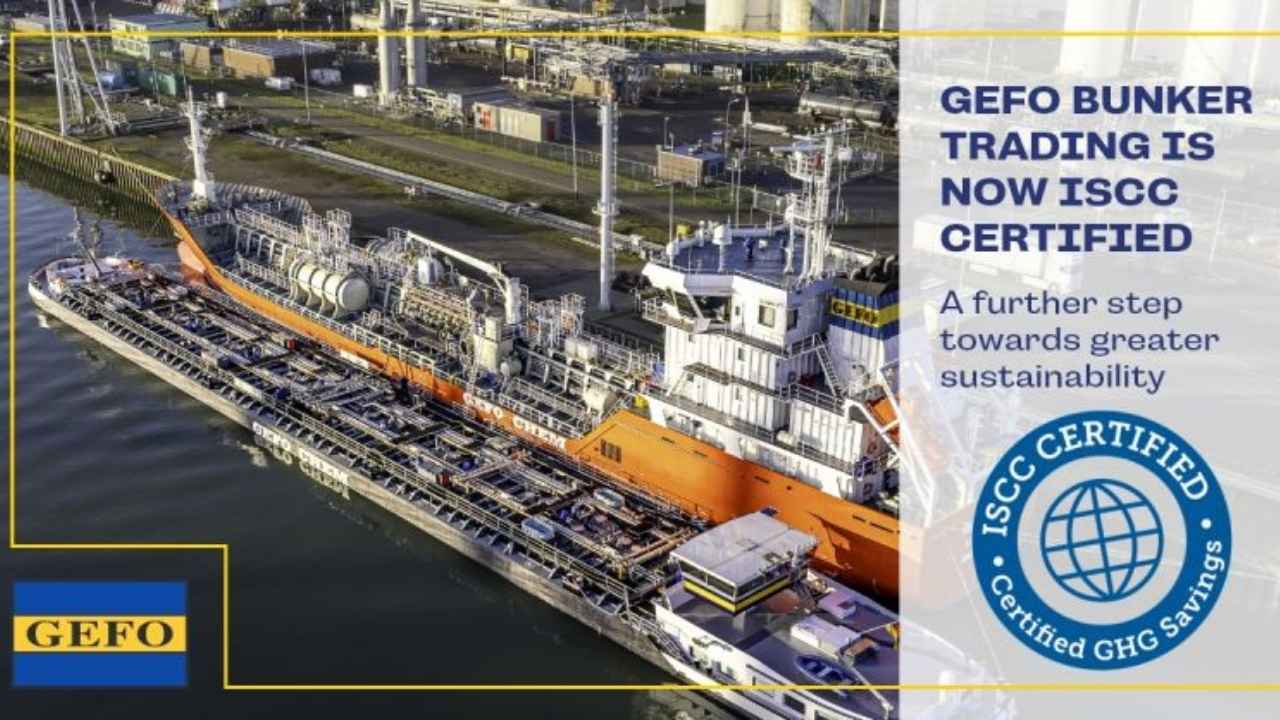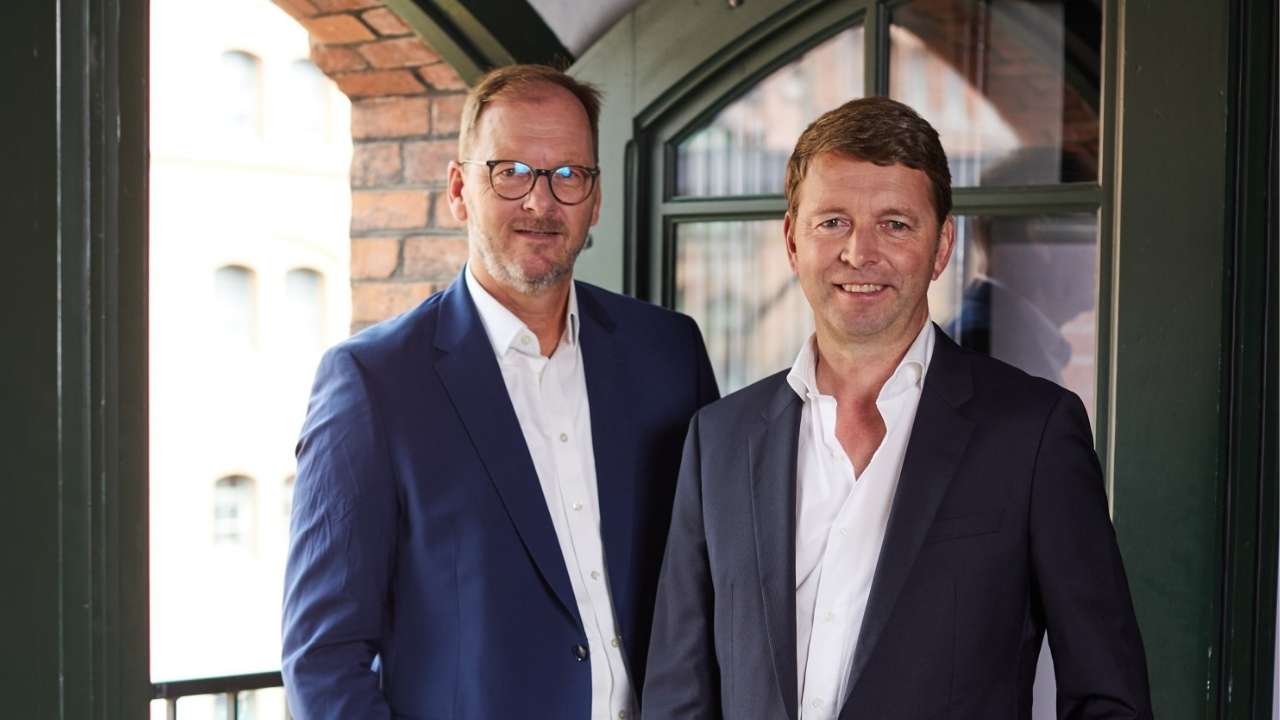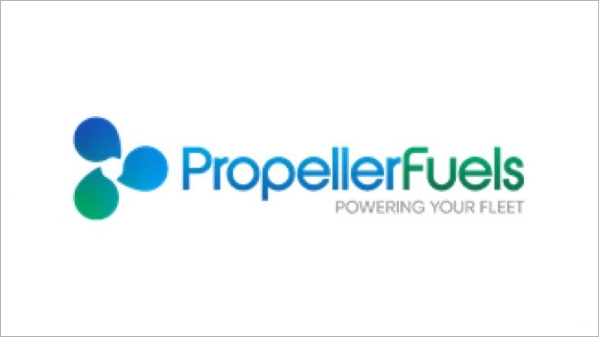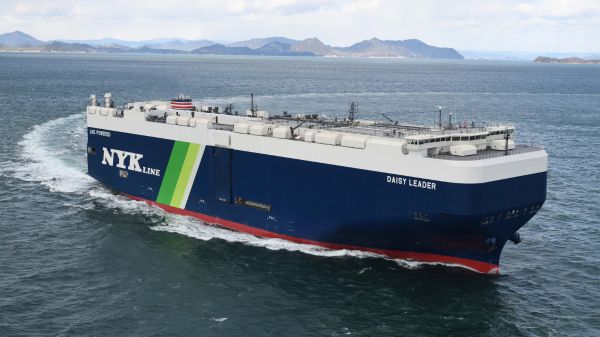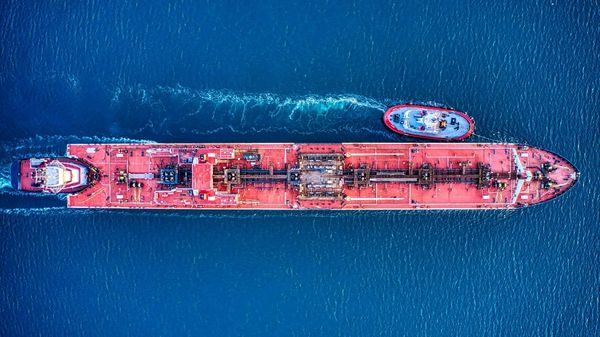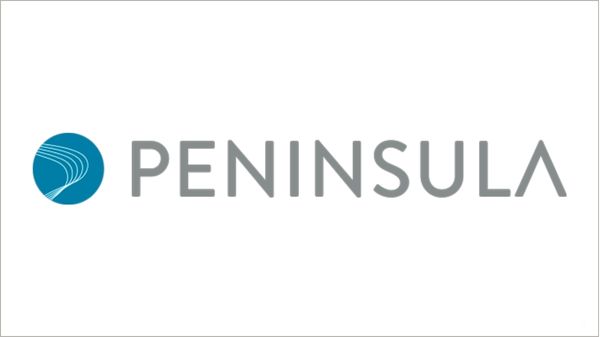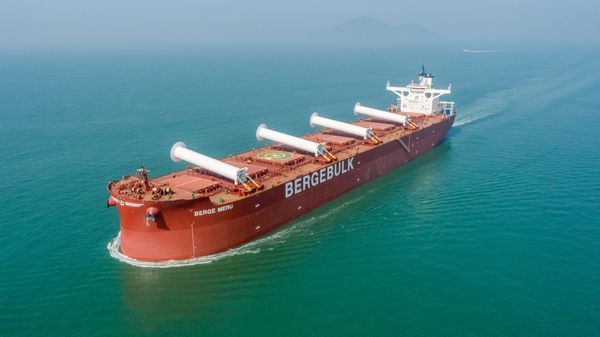Sweden's
Alfa Laval - a leader in heat transfer, centrifugal separation and fluid handling - has confirmed that, following a lengthy selection and qualification process, four of its
PureSOx scrubbers have been ordered by
Royal Caribbean Cruises Ltd (RCL). Three of these will be PureSOx 2.0 systems, while the fourth will be the first test inline version of PureSOx.
The PureSOx systems are to be installed as retrofits aboard four Royal Caribbean International ships: three of the Freedom Class and one of the Voyager Class vessels. Freedom of the Seas, Independence of the Seas and Liberty of the Seas are to each receive a hybrid scrubber with multiple inlets, while Adventure of the Seas is to receive an inline hybrid with one main engine connected.
Commenting on the agreement with Alfa Laval,
Harri Kulovaara, Executive Vice President, Maritime at RCL, said: "SOx scrubber systems are part of our commitment to meeting or exceeding important environmental standards, as they allow compliance even where low-sulphur fuels have limited availability. We chose Alfa Laval and PureSOx on the basis of strong references, a strong technical platform and a strong willingness to cooperate in implementing the technology on our vessels.”
René Diks, Manager Marketing & Sales, Exhaust Gas Cleaning at Alfa Laval, remarked: "RCL is a highly capable partner with a strong interest in seeing marine scrubber technology move forward. Our collaboration on both the standard and inline PureSOx installations has been valuable for both parties."
Explaining how the two companies collaborated during the qualification process, Alfa Laval said: "RCL, like many in the cruise industry, has an outspoken goal of reducing environmental impact. Scrubber technology fits neatly with this ambition, yet its implementation on cruise ships can be more difficult than on other vessels. The unique cruise ship construction poses challenges in meeting space and stability limitations.
"For the RCL vessels, the process of meeting those challenges was a demanding year-long journey involving dedicated project teams from both RCL and Alfa Laval. A detailed and initially difficult Technology Qualification Process (TQP) was conducted, in which the two parties, sometimes supported by external integrators, discussed the technical requirements in depth. Uncertainties and concerns were identified, evaluated and carefully addressed."
Kevin Douglas, Vice President, Technical Projects and Newbuild at RCL, said: "There is immense complexity in a retrofit of this size aboard a cruise ship. To ensure the right solution and the smoothest possible implementation, we needed a thorough, open and systematic dialogue. Alfa Laval has worked closely and vigorously with us to merge their system knowledge with our expertise in cruise ship installations. As a result, we have confidence the strong partnership will deliver results."
Flexibility in installation and operation
Despite the daunting issues of space and weight on a cruise ship, the standard U-shaped configuration of PureSOx 2.0 could be successfully incorporated into all three of RCL's Freedom Class vessels. "This is a flexible configuration that reduces installation cost by allowing multiple engines to be connected," commented Diks. "Space for the scrubber itself was found behind the existing funnel, in front of the rock-climbing wall. The water cleaning unit and circulation tanks, which are necessary for hybrid operation, will be located high up and on the same deck, which will avoid the need for an additional booster pump."
Hybrid operation, which offers both closed-loop and open-loop modes, was particularly important for the RCL vessels. Since their routes will take them into US coastal waters, the vessels will be subject to US VGP legislation, which sets discharge criteria that are even stricter than those of IMO. "Our cruise ships will naturally use seawater in open-loop mode whenever this is feasible," remarked Douglas. "However, their area of operations will require a closed-loop mode with reliable water cleaning. This is where Alfa Laval's separation expertise comes into play."
The first inline version of PureSOx
The PureSOx installation aboard Adventure of the Seas will also be a hybrid system. However, the design of this Voyager Class vessel posed additional constraints. Because the space available was even less and the stability issues even greater than aboard the Freedom Class vessels, RCL was open to finding an alternative configuration. Adventure of the Seas will thus be the first vessel to install an inline version of PureSOx, which has been under development at the Alfa Laval Test & Training Centre in Aalborg, Denmark.
"Inline scrubber configurations will be attractive or even necessary for many cruise ships and RoPax vessels, which is why inline development has been a high priority for Alfa Laval," said
Jens Peter Hansen, Alfa Laval R&D Manager. "The analysis and trials at our new test centre have focused on ensuring a safe water trap and minimizing material stresses in the inline design, because the scrubber is cooled and heated with every start and stop. We were pleased to involve RCL, whose valuable insights and installation expertise have contributed to the final design, and we look forward to following up on this first inline installation."
"We were very interested in working with Alfa Laval on the inline version of PureSOx, because it addresses the unique challenges of cruise ship building,” Douglas said. "We are keen to see scrubber technology develop, especially in this direction."
Accommodating cruise industry needs
The four-vessel commitment from RCL doubles the number of cruise ship orders in the PureSOx portfolio.
"The cruise industry, with its environmental profile and unique technical considerations, places high demands on a SOx scrubber," Diks said. "Alfa Laval PureSOx provides a great deal of flexibility in meeting those demands, and will offer even more flexibility when the inline version is officially launched."
Royal Caribbean's Freedom of the Seas vessel.



